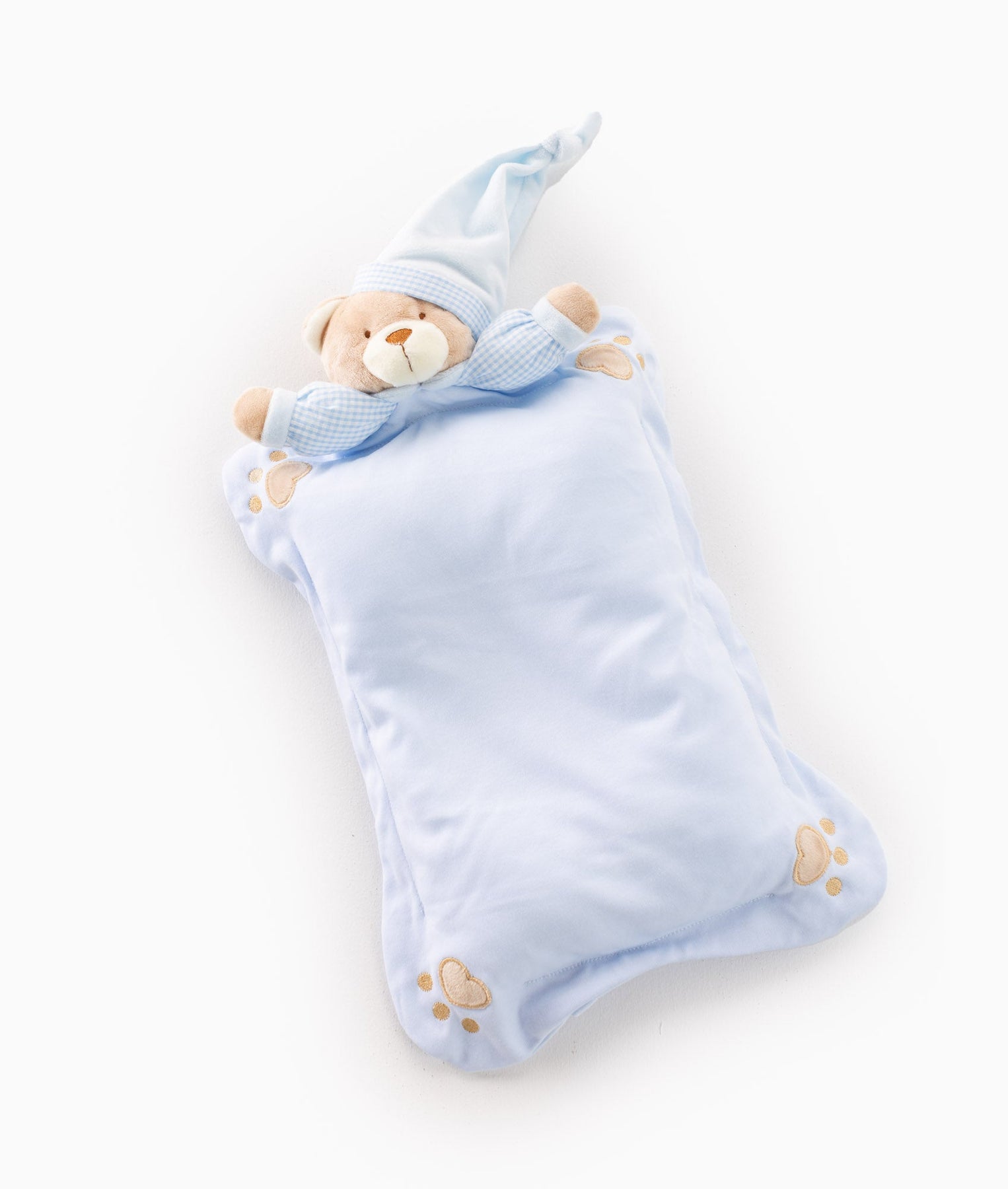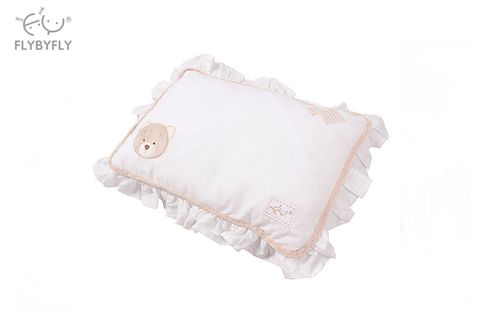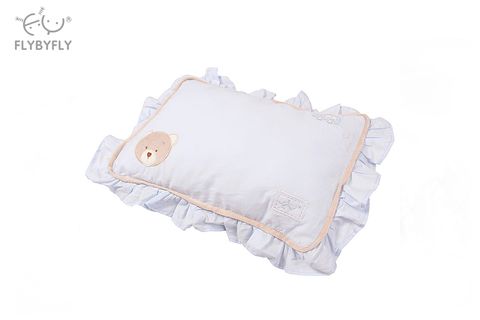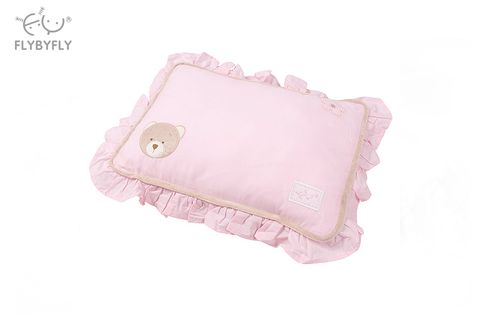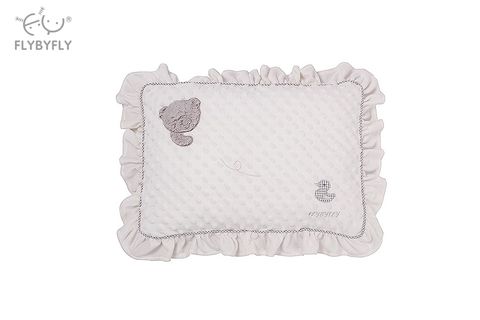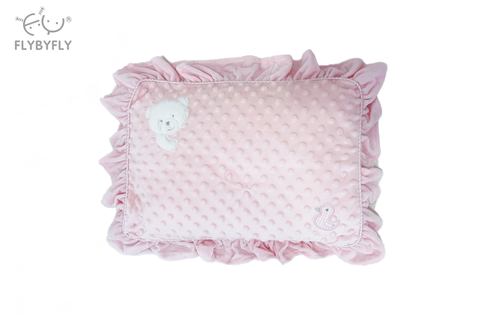The Importance of Baby Pillows for Your Newborn's Sleep: A Balanced Perspective
When it comes to creating the perfect sleep environment for your newborn, the topic of baby pillows often sparks debate among parents and experts alike. While many pediatricians recommend avoiding pillows for infants due to safety concerns, we believe that, when used correctly, baby pillows can offer several benefits that enhance your newborn's sleep experience. In this article, we’ll explore the advantages of baby pillows and how to choose the right one for your little one.
Understanding the Controversy
The primary concern surrounding the use of pillows for infants is the risk of suffocation and Sudden Infant Death Syndrome (SIDS). For this reason, many experts advise against using pillows for babies under the age of one. However, as your baby grows and develops, the right type of pillow can provide comfort and support, contributing to better sleep quality.
Benefits of Baby Pillows
Head and Neck Support
- A baby pillow designed specifically for infants can provide gentle support for your newborn's head and neck. This is particularly beneficial for babies who may have flat spots on their heads (plagiocephaly) due to spending extended periods lying flat. A well-designed pillow can help distribute pressure evenly and promote healthy head shape.
Comfort and Security
- Just like adults, babies can benefit from a sense of comfort while they sleep. A soft, supportive pillow can create a cozy sleep environment, helping your baby feel secure and relaxed. This can lead to longer sleep durations and a more restful night for both baby and parents.
Temperature Regulation
- Some baby pillows are designed with breathable materials that help regulate your baby's temperature during sleep. This can be particularly important for newborns, who are more sensitive to temperature fluctuations. A pillow that promotes airflow can help keep your baby comfortable and reduce the risk of overheating.
Encouraging Proper Sleep Position
- As babies grow, they begin to shift positions during sleep. A baby pillow can help encourage a more natural sleep position, reducing the likelihood of your baby rolling onto their stomach, which is a risk factor for SIDS. A slight incline can also aid in digestion, making it easier for babies who experience reflux.
Transitioning to Toddler Sleep
- Introducing a baby pillow can be a helpful step in transitioning your child to a toddler bed. By familiarizing your baby with a pillow early on, you can make the transition smoother when the time comes. This can help your child feel more comfortable and secure in their new sleeping arrangement.
Choosing the Right Baby Pillow
If you decide to introduce a pillow to your newborn's sleep environment, it’s essential to choose the right one. Here are some tips for selecting a safe and effective baby pillow:
- Opt for a Flat, Firm Pillow: Look for a pillow that is specifically designed for infants. It should be flat and firm to reduce the risk of suffocation.
- Breathable Materials: Choose pillows made from breathable fabrics, such as cotton or bamboo, to help regulate your baby's temperature and promote airflow.
- Size Matters: Ensure the pillow is appropriately sized for your baby’s head and neck. A pillow that is too large can pose safety risks.
- Check for Safety Certifications: Look for pillows that meet safety standards and have been tested for infant use.
Conclusion
While the debate over the necessity of baby pillows continues, it’s clear that, when used thoughtfully and safely, they can offer several benefits for your newborn's sleep. From providing head and neck support to enhancing comfort and security, a well-chosen baby pillow can contribute to a more restful sleep experience. Always consult with your pediatrician before introducing any new sleep products, and prioritize safety above all else. With the right approach, you can create a nurturing sleep environment that supports your baby's growth and development.

